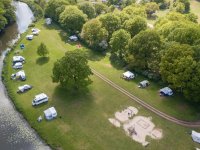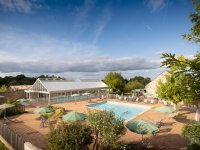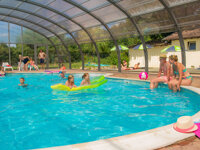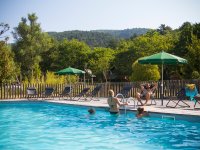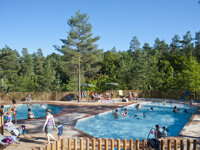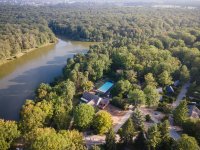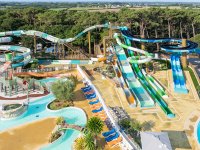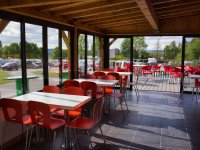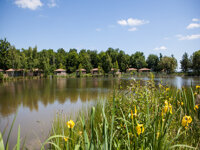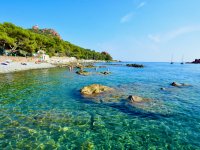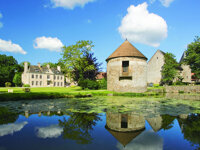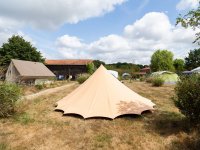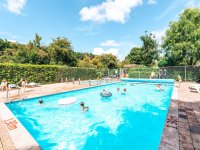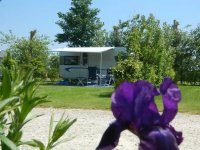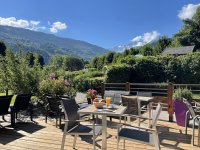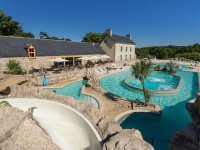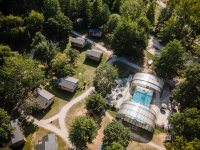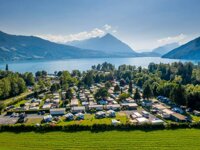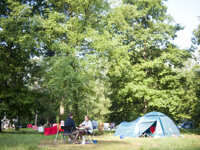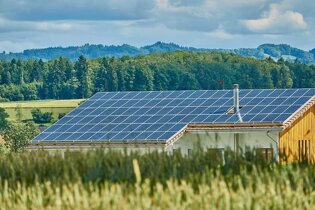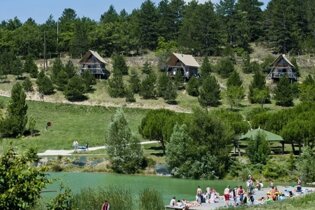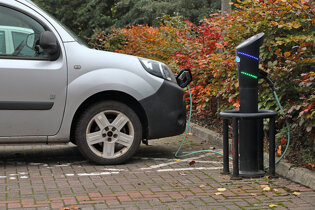On the continent, environmental schemes, like the Green Key or EcoCamping, provide guidelines for eco-aware campsites.
Eco friendly campsites
1165 campsites in Green Credentials
Campsite Listing Google Map
The following consent is required:
Tracking & performance, Targeting & advertising.
Camping and the Environment
Holidaying on a campsite is relatively environmentally sound and ‘low impact’.
In recent years, we have become more aware of green issues and environmental concerns. Climate change, in particular, is discussed, with its accompanying threat of dangerous and far-reaching changes in weather patterns, and carbon dioxide is identified as the prime culprit.
The travel industry, in particular, has had to think very hard about how it addresses sustainable tourism. Like it or not, carbon emissions are part of the holiday ‘experience’ whether we fly or travel by ferry or car. Airlines, large international hotels, train operators, and cruise lines have all had to consider their green credentials and environmental policies, and this is just part of a complicated, swirling mass of elements that include fiscal measures, public opinion, rising energy costs, ever more consumer choice and ever greater consumer expectations.
Sustainable tourism is envisaged as leading to the management of all resources in such a way that economic, social and aesthetic needs can be fulfilled while maintaining cultural integrity, essential ecological processes, biological diversity and life support systems.
Learn more about 'eco camping' and find out how you can reduce your carbon footprint with our articles.
- 'Green' camping in Europe and in the UK
- Eco-Initiatives and Camping As a Sustainable Tourist
- Quick Tips To Be A Greener Camper
What are we doing to make a difference?
We’ve introduced a program of eco-friendly initiatives designed to reduce the environmental impacts of both staff and customers. LOVEGreenis our sustainability and environmental initiative aimed at reducing the carbon footprint of our team and office. It covers things like who we work with and how we operate internally, as well as how we communicate with our customers.
The steps we take may be small, but each and everyone counts towards a greener and healthier future.
Find out more about what we're doing in the office, what the organisations we work with are doing and our dedicated Green Team...
What eco credentials do we show on the Alan Rogers website?
In 2023 we implemented significant changes behind the scenes on our website. We rolled out some new filters on our website, which allows campsites to demonstrate their eco credentials.
We now display information including:
| Eco site awards | Energy Management | Waste Management | Nature Management |
EV charging points available Solar-powered facilities Energy-saving lights Air/ground source heating Reduced water-consuming toilets Composting toilets Re-use of rainwater Certified carbon neutral | Recycling points Ecological wastewater management Communal composting facilities Biodegradable soap/chemicals used in toilets Reduced use of single-use items | Responsible land management (limited or zero use of fertiliser) Responsible water management (no outflows into rivers) Bat / Birdhouses provided Native tree planting programme Insect hotels and preservation of natural habitat Wild areas of land (grass not mown - wildflowers/meadows) Wetlands created or managed |
